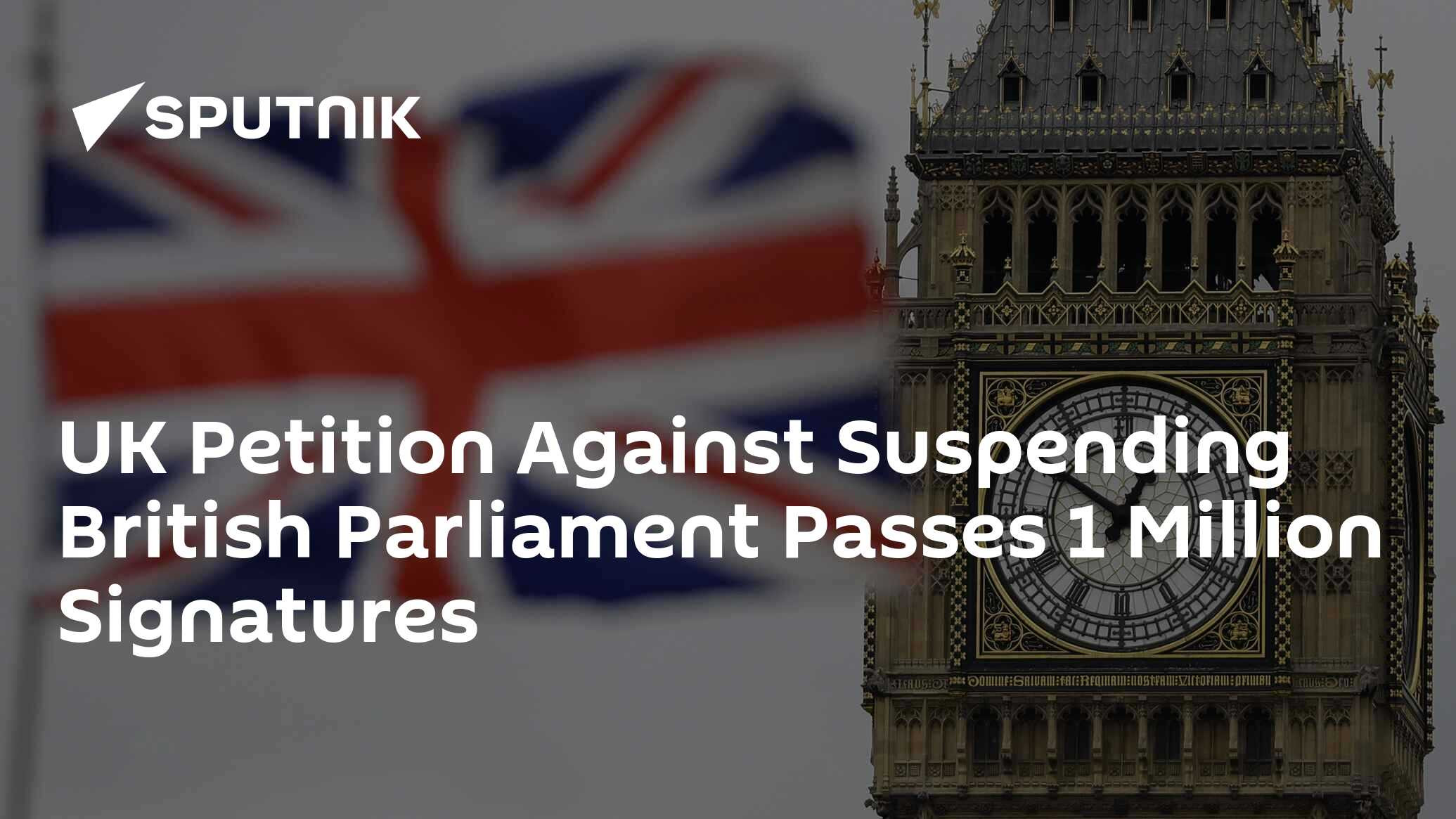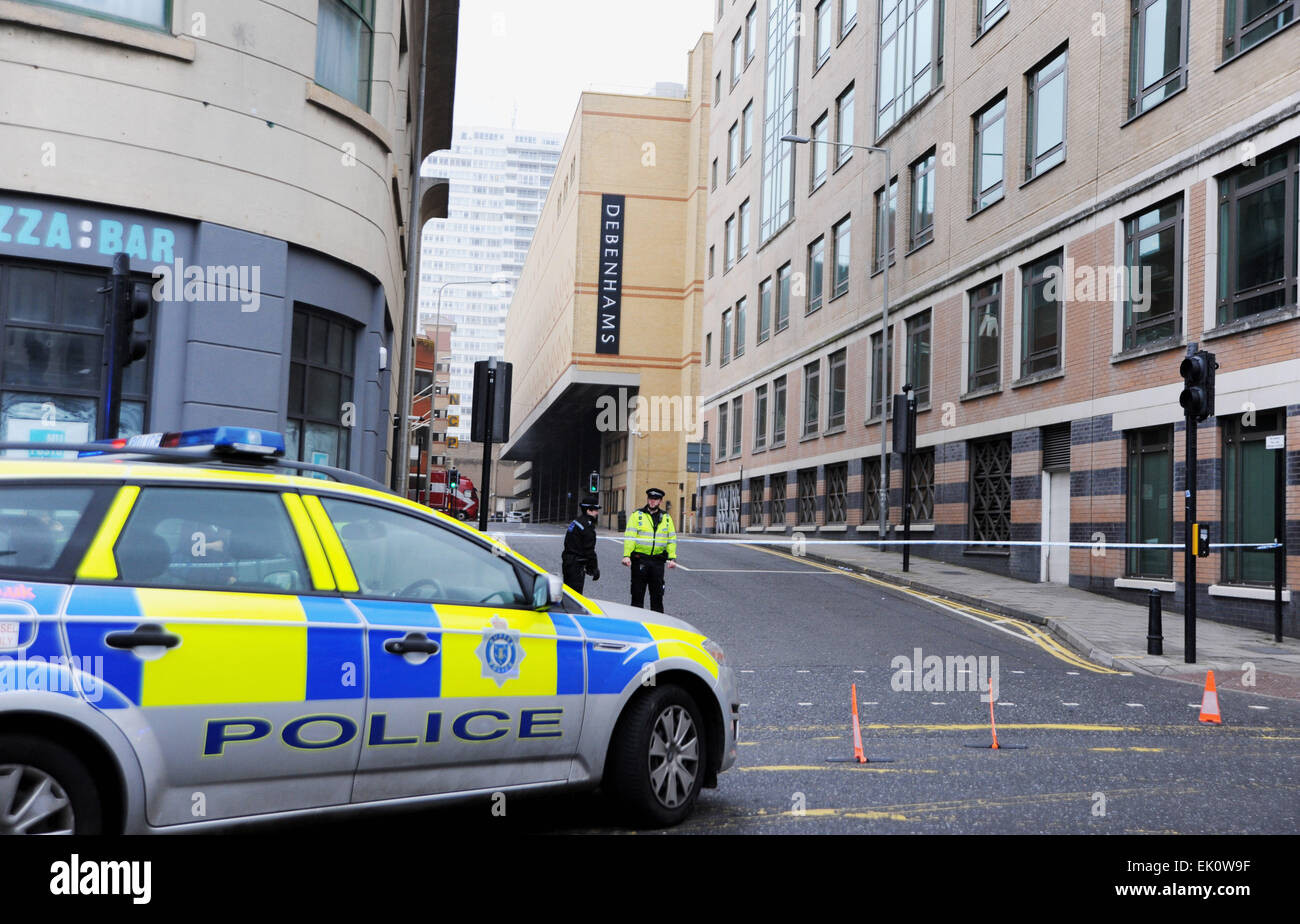One Million Signatures Force Demand for UK General Election
A petition calling for another general election in the UK has garnered over one million signatures, a staggering number achieved merely 143 days after the Labour Party secured a victory in the July 4th general election. The petition's rapid growth reflects widespread discontent with the current Labour government's policies and perceived broken promises. This surge in signatures has ignited a firestorm of debate, questioning the stability of the current government and the future of British politics. The petition, initiated by Michael Westwood on October 31st, just a day after the controversial Budget announcement, directly challenges the Labour government's actions.
The petition's creator clearly articulates his concerns, stating, “I believe the current Labour Government have gone back on the promises they laid out in the lead up to the last election.” This sentiment resonates deeply with many who feel betrayed by the ruling party's recent decisions. The petition's rapid ascent, exceeding the 100,000 signature threshold required for parliamentary consideration, highlights the public's urgency for change.
The Labour Government Faces Backlash
The Labour government's recent policies have faced strong criticism. The axing of the Winter Fuel Payment and the introduction of a new inheritance tax targeting farmers have particularly sparked outrage. These policies, coupled with a series of other controversial decisions, have fuelled the growing calls for a fresh general election. The public's dissatisfaction is palpable, extending beyond online platforms and manifesting into real-world protests in Westminster.
A Poll Shows A Significant Shift in Support
Since the October 30th Budget announcement, support for the Labour Party has noticeably declined in opinion polls. In Scotland, support for Scottish Labour has fallen significantly behind the SNP, indicating a widespread erosion of confidence in the party's leadership and direction. This drop in support further underscores the concerns raised by the petition's signatories. The Survation poll highlighted that Labour's support fell by four points in Holyrood constituencies and one point on the regional list since September, showcasing a rapid shift in public opinion. The Chancellor's announcement of £40 billion in tax rises, intended to address a £22 billion deficit, appears to have backfired, with many Scots believing the Budget will negatively impact their finances. Only 12% expect to benefit financially from it.
The Petition's Momentum and Public Reaction
The petition's phenomenal success is undeniable. Within days, it reached over 1,136,756 signatures, far exceeding the threshold for parliamentary debate. This signifies a widespread demand for electoral accountability and represents a powerful expression of public opinion. The petition’s rapid growth showcases the effectiveness of online mobilization in modern political discourse and the growing disaffection within certain sections of the electorate. The government is required to respond to petitions exceeding 10,000 signatures. With this many more, the petition will inevitably bring forth a lively parliamentary debate.
Social Media Amplifies the Call for Election
Social media has played a pivotal role in the petition's rapid growth. The petition has been widely shared on platforms like Twitter, generating significant attention and encouraging further signatures. While many support the petition's objective, others believe a recently concluded election should be respected and the current government should continue their term. This illustrates a divided public opinion and further showcases the political polarization within the UK. Several prominent figures have voiced their support, amplifying the message and urging others to participate. Meanwhile, many express discontent with the current government, stating “Call a general election? We just had one, it was decided - deal with it.”
Analysis and Implications
The petition's success underscores a significant level of public dissatisfaction with the current government. While petitions do not automatically trigger a general election, this one has reached an unprecedented level of support and will most certainly force a debate in Parliament. The sheer number of signatures demands attention from the Labour government, and its response will be highly scrutinized. The situation highlights the complexities of modern democratic processes in a rapidly changing political landscape. The petition's success is a clear demonstration of the growing frustration amongst parts of the British electorate with the current Labour government and its policies.
The unprecedented number of signatures demonstrates a strong level of discontent amongst UK citizens with current political affairs, and this may influence the trajectory of upcoming elections. The situation is certain to fuel ongoing political debate. Whether this level of discontent translates into tangible political change remains to be seen. The coming weeks and months will be critical in observing the government's response and the resulting shift in public opinion. This incident is a clear sign of the efficacy of modern online activism in political mobilization.
The Future of British Politics
The ongoing debate highlights the challenges faced by governing parties in maintaining public trust and support. The petition's success signals a shift in the political landscape and potentially sets a precedent for future political actions. While it's unlikely to immediately trigger a general election, it undoubtedly puts pressure on the current government to address public concerns. Ultimately, the petition's impact will depend on the government's response and the evolution of public sentiment in the coming months. The ongoing saga is an illustration of the power of citizen engagement in a democratic society.
The coming months will be crucial in assessing the full impact of this unprecedented petition and gauging the public response to the Labour government's policies and its response to this display of popular dissatisfaction. The ongoing situation highlights the dynamic nature of modern democratic processes and the importance of addressing public concerns promptly and effectively. Let’s keep the conversation going and analyze how this might shape future decisions.

















